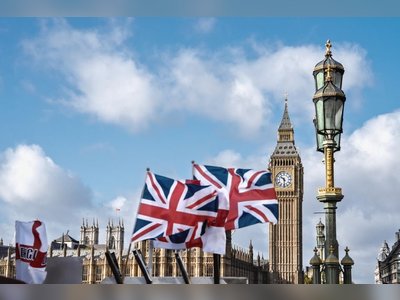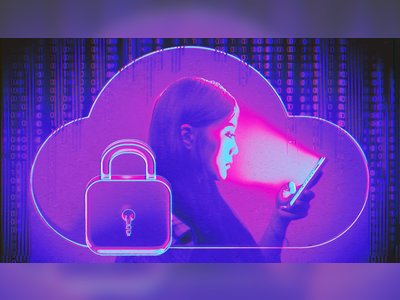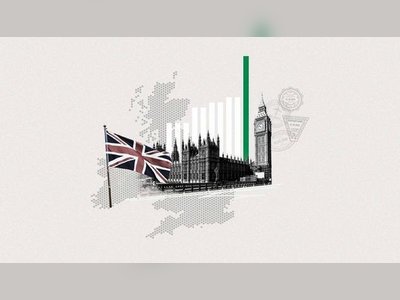Dutch Politician Eva Vlaardingerbroek Receives Spyware Threat Alert from Apple
According to Vlaardingerbroek, the notification specifically cited a “mercenary spyware attack,” a term used by Apple to describe high-level surveillance tools such as the infamous Pegasus spyware developed by the Israeli NSO Group. These tools are designed to penetrate the security features of smartphones, allowing attackers to access calls, messages, emails, and even activate cameras or microphones without user consent or awareness.
“Yesterday I got a verified threat notification from Apple stating they detected a mercenary spyware attack against my iPhone,” Vlaardingerbroek posted on social media. “We’re talking spyware like Pegasus.”
Though Apple did not publicly confirm individual cases, it has previously acknowledged that it issues such alerts only when there is high confidence that the user has been specifically and individually targeted. Apple began sending these types of alerts in 2021, primarily to journalists, human rights activists, political dissidents, and public officials who are at risk of surveillance by powerful entities.
Political Context and Concerns Over Intimidation
Vlaardingerbroek is a vocal figure in Europe’s right-wing, Eurosceptic movement and has drawn attention for her outspoken criticism of mainstream political institutions, the EU, and progressive immigration policies. She has appeared on international platforms and frequently speaks at conservative events.
While she did not speculate on who might be behind the surveillance attempt, she strongly suggested the attack was politically motivated. “All I know for sure right now is that someone is trying to intimidate me,” she stated. “I have a message for them: It won’t work.”
Her comments sparked an outpouring of support from political allies and concern from digital rights organizations.
Global Alarm Over Mercenary Spyware
The use of mercenary-grade spyware such as Pegasus has drawn sharp criticism from privacy advocates and democratic governments. These tools, originally marketed as anti-terrorism assets, have reportedly been used to monitor journalists, opposition leaders, and civil society figures in dozens of countries.
In response, Apple filed a lawsuit in 2021 against NSO Group and launched a program to notify users believed to be targeted by such surveillance. The company emphasized that the threat notifications are rare and targeted, and not reflective of general malware threats faced by the broader public.
Vlaardingerbroek’s case raises fresh concerns that such tools may be increasingly used not only by authoritarian regimes but also in intra-European political contexts, where ideological battles are intensifying.
Calls for Transparency and Protection
Digital rights organizations are urging Dutch and EU authorities to investigate the source of the attempted surveillance and to offer stronger protections for individuals at risk of politically motivated digital espionage.
“There must be full transparency,” said a spokesperson from Access Now, an NGO focused on digital civil rights. “No one in a democratic society—regardless of political views—should be subjected to clandestine spying for expressing opinions or participating in public discourse.”
As of now, neither Dutch authorities nor Apple have publicly commented further on Vlaardingerbroek’s case. She has not reported any evidence of successful data theft or compromise but has indicated she is taking additional steps to secure her devices.











